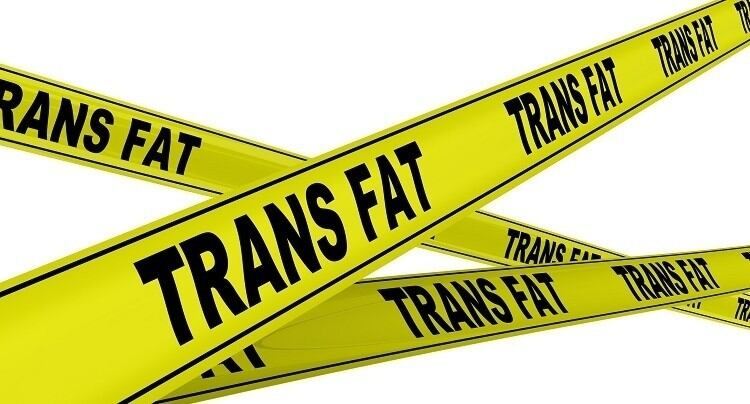Egypt currently stands as one of the highest consumption markets of trans fats in the world and the highest in terms of coronary heart disease related deaths linked to trans fats intake, according to data from the WHO report on global trans-fat elimination released in January 2023.
A 2021 study previously also revealed that on average some 34% of food products – particularly traditional and frequently consumed food products – exceeded the WHO limit of 2g trans fatty acids per 100g of fat, symbolizing a severe problem for the market given the widespread availability of such items.
Following the WHO’s recent circular warning that Egypt is amongst the top 16 countries with the highest proportion of coronary heart disease deaths caused by trans fat intake yet do not have a best practice policy, the Middle Eastern nation has highlighted that it is implementing changes to reach WHO requirements within 12 months.
“The Egyptian National Food Safety Authority (NFSA) has published a decree in Egypt’s official gazette which will see manufacturers and importers all limited to 2g TFA per 100g total fat in all food products, to be enforced within 12 months,” NFSA chairman Dr Tareq El Houby said via a formal statement.
“This will bring Egypt up in line with WHO advice and guidelines for trans fats [and this national decree is crucial as] many types of foods contain trans fats including baked foods, snacks, fried foods, creamer, margarines and much more.
“One year should be enough for all parties to make the [transition], and it is an obligation for all [food manufacturers and importers] in Egypt.”
Best practice policies in relation to trans fats involve the 2g per 100g limit, limiting industrially produced trans fats in all settings, or mandatory national bans on the production or use f partially hydrogenated oils as an ingredient in foods.
“Trans fat has no known benefit, and huge health risks that incur huge costs for health systems,” WHO Director-General Tedros Adhanom Ghebreyesus said via the circular warning.
“By contrast, eliminating trans fat is cost effective and has enormous benefits for health. Put simply, trans fat is a toxic chemical that kills, and should have no place in food. It’s time to get rid of it once and for all.”
Progress in low-to-middle-income countries
Despite the immense focus that the WHO has placed on eliminating trans fats in the global food system, as of yet the most positive impacts remain limited to higher-income nations such as the United States and Europe.
That said, WHO data indicates that more and more middle-income countries are implementing or adopting related policies including APAC markets such as Bangladesh, India and the Philippines.
“Other countries are considering taking action this year, such as Mexico, Nigeria and Sri Lanka,” the organization added.
“However to date, no low-income countries have adopted a best-practice policy on trans fat elimination.”



